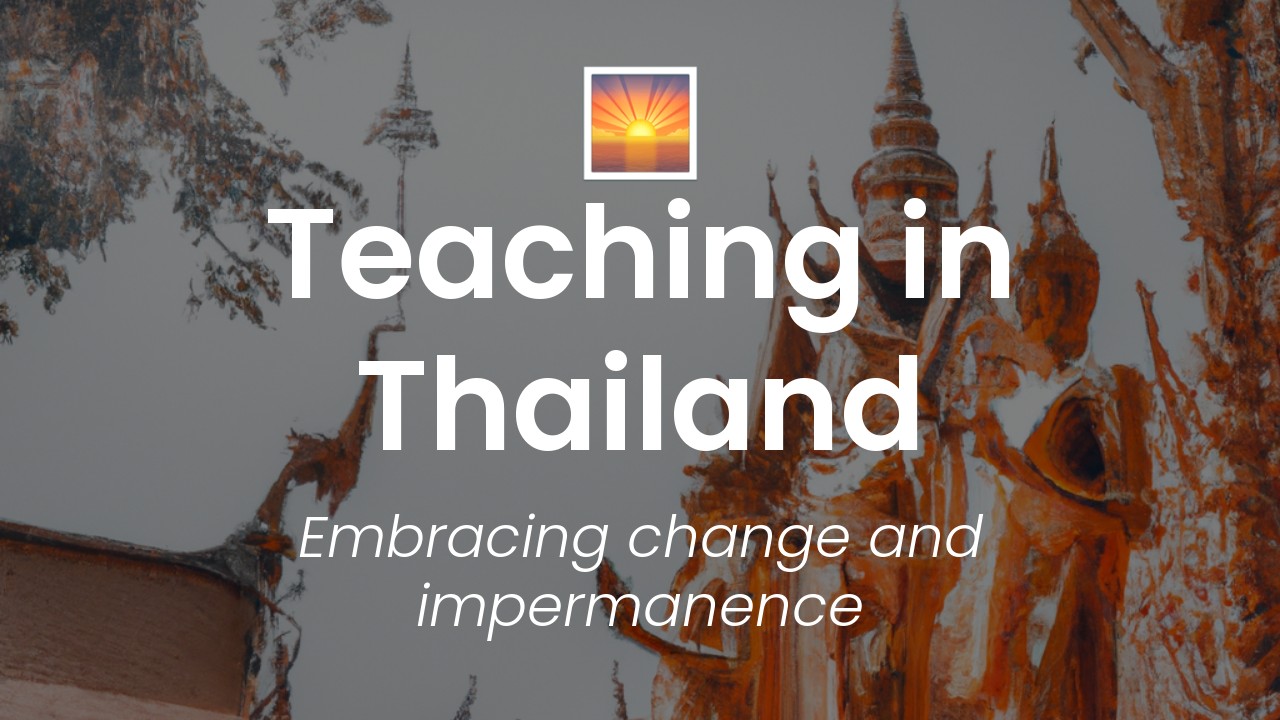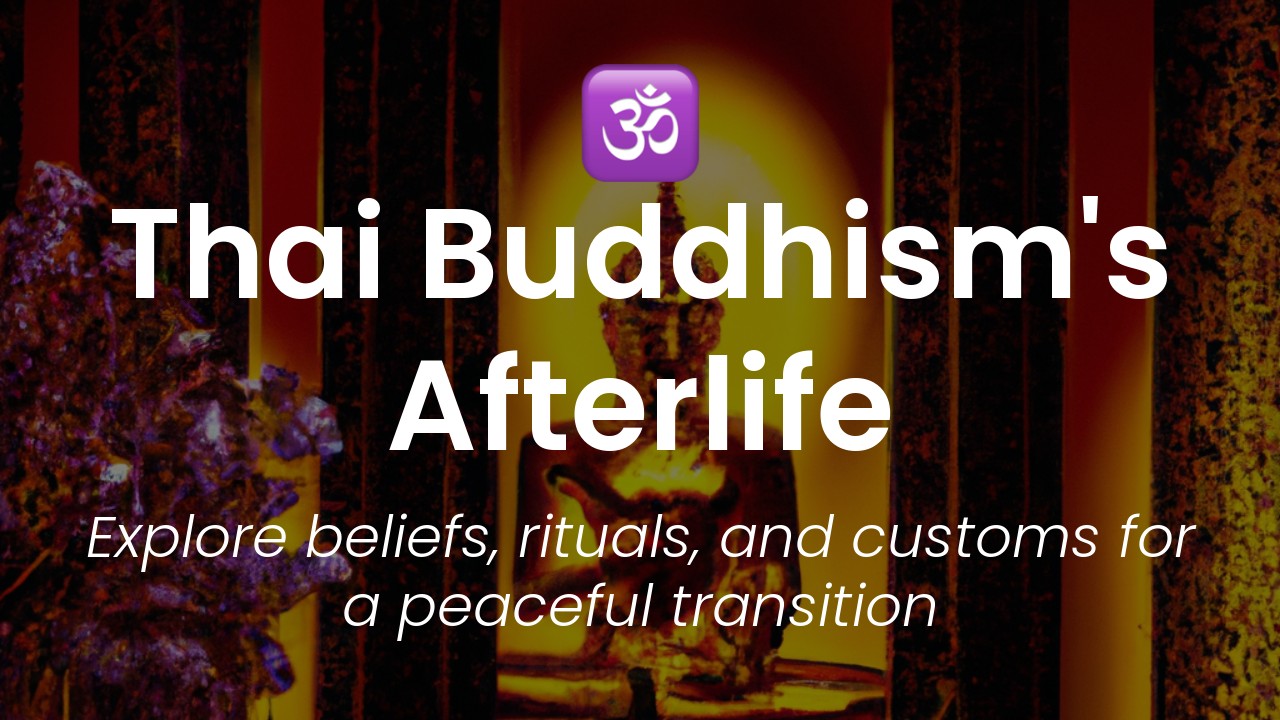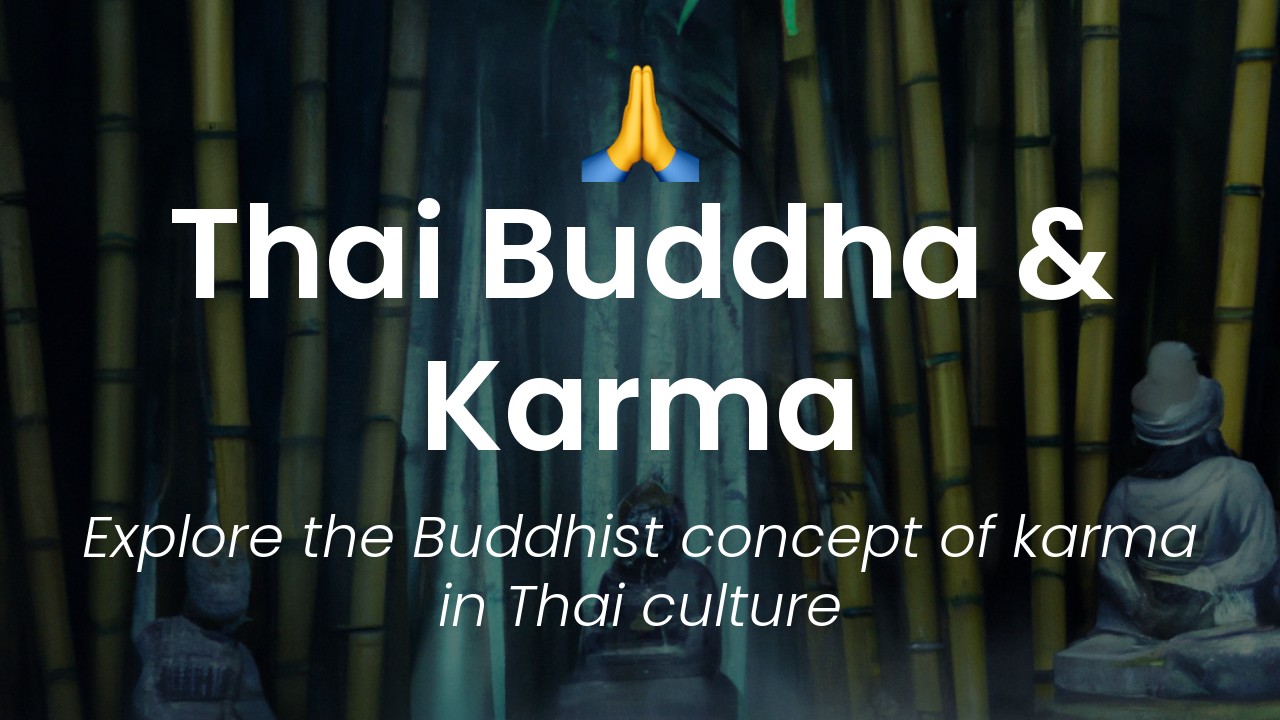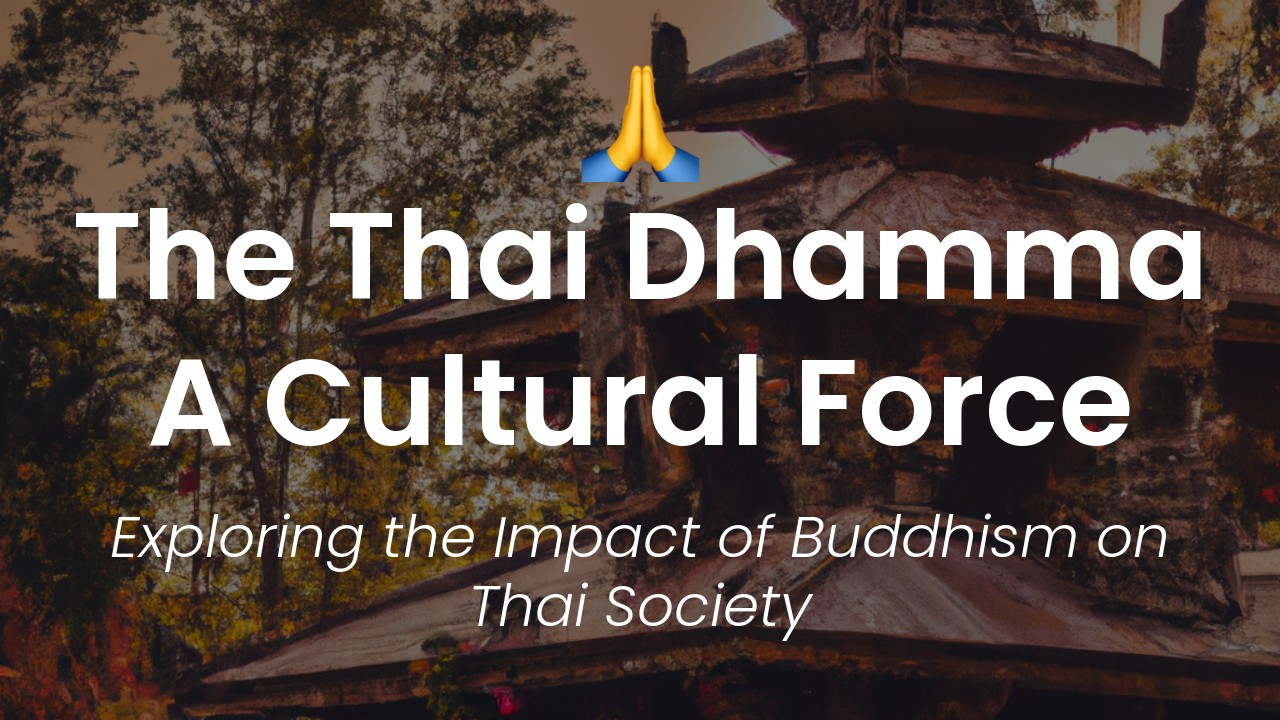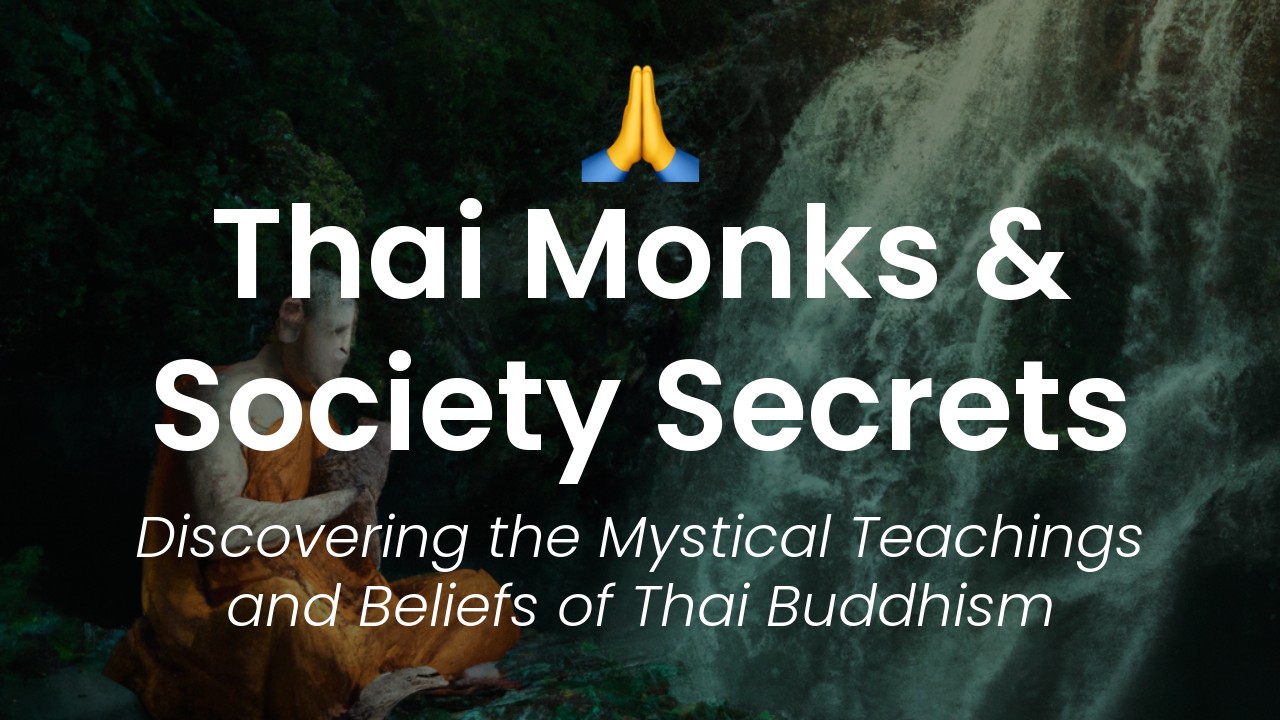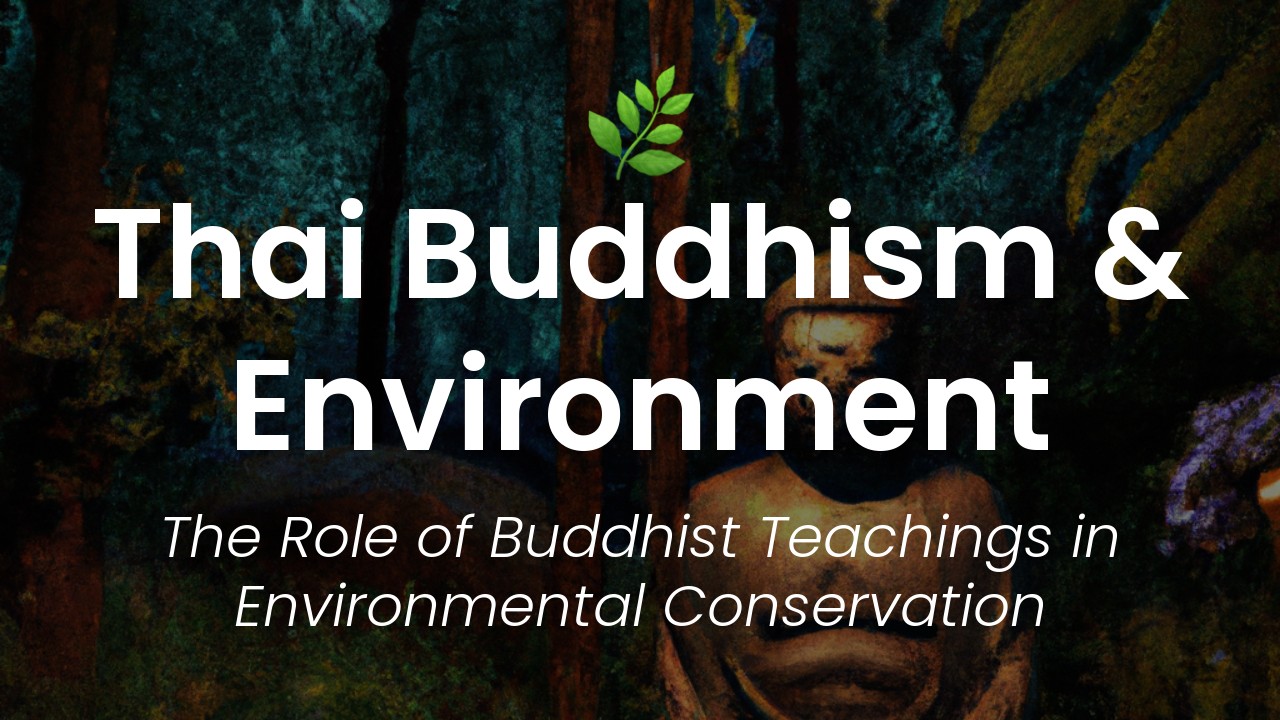As a young woman from Thailand, I was always curious about the concept of Anicca, which is an essential concept in Buddhism that refers to impermanence or the idea that everything in life is constantly changing. For me, this concept was not only intriguing, but it also helped me make sense of the changing landscapes of my country, including the booming tourism industry and the evolving education system.
As a teacher, I have been lucky enough to witness both of these changes firsthand. While tourism has certainly brought economic benefits to Thailand, it has also caused disruption for the local communities and traditional ways of life. On the other hand, the education system in Thailand has been in the process of reform for years, with a strong emphasis on learning through play, creative thinking, and critical analysis. With both of these changes in mind, I wanted to explore how Anicca could help me navigate the complexities of teaching in Thailand, and to share my experiences with others.
In this blog article, I will take readers through my journey of teaching in Thailand, as I explore how Anicca has informed my teaching practice and my understanding of the changing world around me. Through my experiences, I hope to highlight the importance of mindfulness, flexibility, and open-mindedness in navigating unfamiliar situations and finding success as an educator in a constantly changing landscape. From the challenges of cultural differences to the rewards of teaching children from diverse backgrounds, I will share my insights and lessons learned, offering readers a glimpse into the unique world of teaching in Thailand. So join me on this journey of exploration and discovery, as we dive into the world of Anicca and teaching in Thailand!
My First Encounter with Anicca
It was my first day teaching in Thailand, and I was excited but also nervous. As an English teacher from Thailand, I had taught in different countries before, but this was my first time teaching in my home country. I was determined to make a good impression and connect with my students.
As I was introducing myself, I noticed that some of my students were distracted by something outside the window. At first, I thought it was a bird or another animal, but then I realized it was a group of monks walking by. I was fascinated and asked my students about it. They explained that it was an everyday occurrence in Thailand, and that the monks were walking on their morning alms round, a Buddhist practice that involves receiving food from the community.
That experience sparked my interest in Buddhism and its role in Thai culture. I began researching and studying Buddhism, and one concept that stood out to me was Anicca.
Understanding Anicca through Buddhism
Anicca is one of the three universal truths in Buddhism, along with Dukkha (suffering) and Anatta (no-self). Anicca refers to the impermanence and transience of all things. Everything in the world is constantly changing, and nothing remains the same. This includes both physical things and abstract concepts, such as emotions and thoughts.
Buddhism teaches that suffering arises from our attachment to things that are impermanent. We cling to things and people and expect them to stay the same, but when they inevitably change, we experience pain and suffering. Accepting the impermanence of all things, including ourselves, is key to ending suffering and achieving enlightenment.
The Role of Anicca in Thai Culture
Anicca is deeply ingrained in Thai culture and is reflected in many aspects of daily life. For example, Thai people have a strong belief in luck and superstition, which can be seen as a way of acknowledging the impermanence of life. They also have a practice of funerals that often involve elaborate and colorful rituals, which can be seen as a way of accepting the impermanence of life and celebrating the person's journey into the next realm.
Thai culture also values traditions and customs that have been passed down through generations, while at the same time remaining open to change. This balance is reflected in the Thai concept of "sanuk", or the pursuit of enjoyment and happiness. Thais love to have fun and enjoy life, while also being aware that nothing lasts forever and being unattached to the outcome.
Teaching with Anicca in Mind
Incorporating Anicca in my teaching has been a powerful tool for connecting with my students and cultivating a mindful and compassionate learning environment. I start each class with a short mindfulness practice, encouraging my students to focus on their breath and become aware of their thoughts and feelings without judging them. This practice helps to create a safe and non-judgmental space for learning.
I also encourage my students to practice self-reflection and introspection, and to examine their own beliefs and values. By acknowledging that their own beliefs and values are impermanent and subject to change, they become more open-minded and accepting of others who may have different perspectives.
Finally, I incorporate an element of playfulness and humor in my teaching, which aligns with the Thai concept of "sanuk". By making learning fun and enjoyable, my students are more engaged and open to the process of learning.
Embracing Change through Anicca
As someone who has moved countries several times, I understand the challenges and rewards of embracing change and accepting the impermanence of life. Anicca has taught me to be more flexible and adaptable in challenging situations, and to approach life with a sense of curiosity and wonder.
In Thailand, where change can happen quickly and unexpectedly, it is particularly important to embrace the impermanence of life. By letting go of our attachment to things and people, we can be more present and mindful in the moment and appreciate the beauty of life as it unfolds.
Challenges and Rewards of Teaching in Thailand
Teaching in Thailand can be both challenging and rewarding, but by embracing the principles of Anicca, I have been able to navigate the ups and downs of teaching with grace and compassion. Thai students can be shy and reserved, but once they open up, they are enthusiastic and eager to learn.
I have also had the opportunity to work with Thai teachers and learn from their wisdom and experience. Thai teachers often have a holistic approach to teaching, incorporating mindfulness and social-emotional learning into their lessons. This emphasis on the whole child resonates with the principles of Anicca, as it acknowledges the impermanence and transience of childhood and supports students in developing resilience and adaptability.
Incorporating Anicca in Your Everyday Life
Whether you are teaching in Thailand or not, incorporating the principles of Anicca into your everyday life can have profound effects on your well-being and happiness. By acknowledging the impermanence of all things and embracing change, you can cultivate a sense of gratitude and appreciation for the present moment.
One way to incorporate Anicca into your daily routine is to practice meditation or mindfulness. By focusing on your breath and becoming aware of your thoughts and feelings, you can develop a sense of calm and inner peace, even in the midst of chaos and change.
You can also practice self-reflection and introspection, examining your own beliefs and values and acknowledging their impermanence. By staying open-minded and flexible, you can embrace new experiences and challenges with curiosity and excitement.
Incorporating an element of playfulness and humor into your life can also help you stay grounded and present. By finding joy and happiness in everyday moments, you can cultivate a sense of fulfillment and contentment, even in the midst of uncertainty.
Conclusion
Exploring Anicca and its role in Thai culture has been a profound and enlightening experience for me, both as a teacher and as a human being. By accepting the impermanence of all things and embracing change, we can live more mindfully and compassionately, and appreciate the beauty and wonder of life as it unfolds. I encourage you to incorporate the principles of Anicca into your own life and experience the many rewards that come from embracing change and impermanence.

